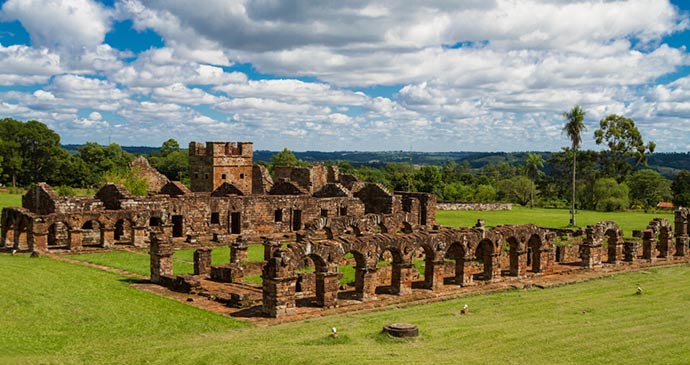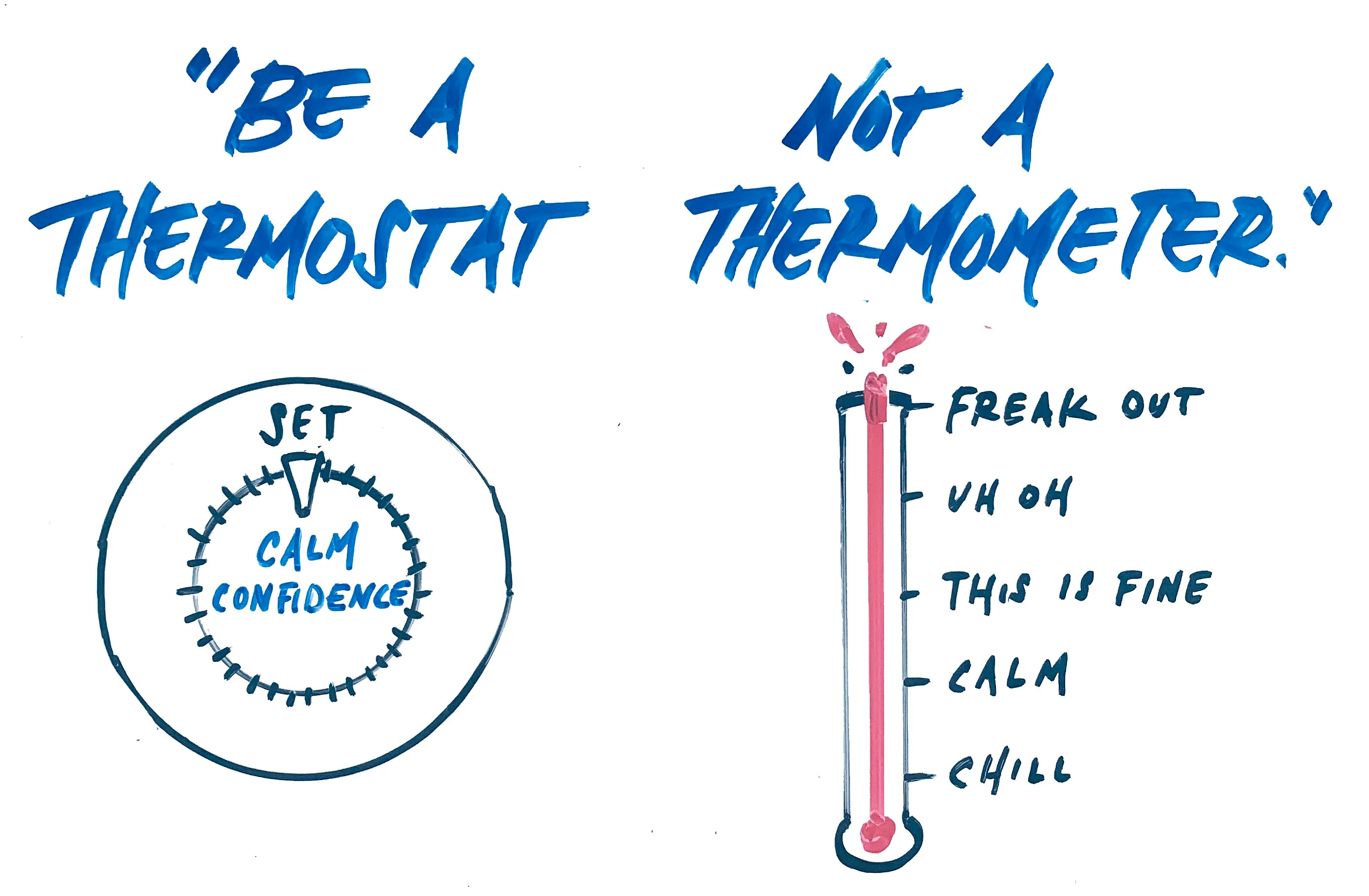“He [Christ] is the image of the invisible God,
the firstborn over all creation”
– Colossians 1:15 –
Being the firstborn means not only being the first child, but also having superiority in rank or strength. Among the ancient Hebrews, the firstborn had special rights, duties, and blessings.
Christ appreared, literally, as Mary’s firstborn and, figuratively, as the firstborn among many siblings, or the firstborn of the dead. He was not the first to die, but He was the first in His class. This has the meaning of preeminence. Being called “the firstborn over all creation” emphasized His superiority over all created beings.
Some interpret this as being the first created. Others say He created everything and by Him all the other things were created.
Paul himself gave an explanation so as not to give rise to misunderstandings. The Creator of everything cannot, at the same time, be a creature. A creature cannot be the Creator. Christ is not an emanation, nor the most exalted of creatures. Paul said He was the image of the invisible God. He was God revealed and manifested before men.
God illustrated what was not understandable for us about His ministry in an understandable way, the Son in the sense of appearing and being of the same type. The Son comes from the Father like an image comes from an object or as the brightness comes from glory. We cannot go beyond that.
Humanly speaking a father is born as a father when the child is born. The two are born together. The existence of the Son is as eternal as that of the Father. That is, He has always existed. He has no beginning or end, but He is the beginning and the end of everything else.
To be the Firstborn of all creation means to exercise supreme administration over it. It is a messianic title, it is exalting Him, granting Him supreme honors, recognizing Him as the legitimate King of the universe, placing Him above all the created world, and establishing His sovereignty and preeminence. The firstborn is always the main heir.
We risk doing only a theological analysis of this issue.
We need to go further. Is Christ our firstborn, our superior,
exhalted, honored, sovereign, and the preeminent One in our lives?
If we allow it, sin deforms us, research informs is,
and the Firstborn transforms us.
May the Lord bless you…










